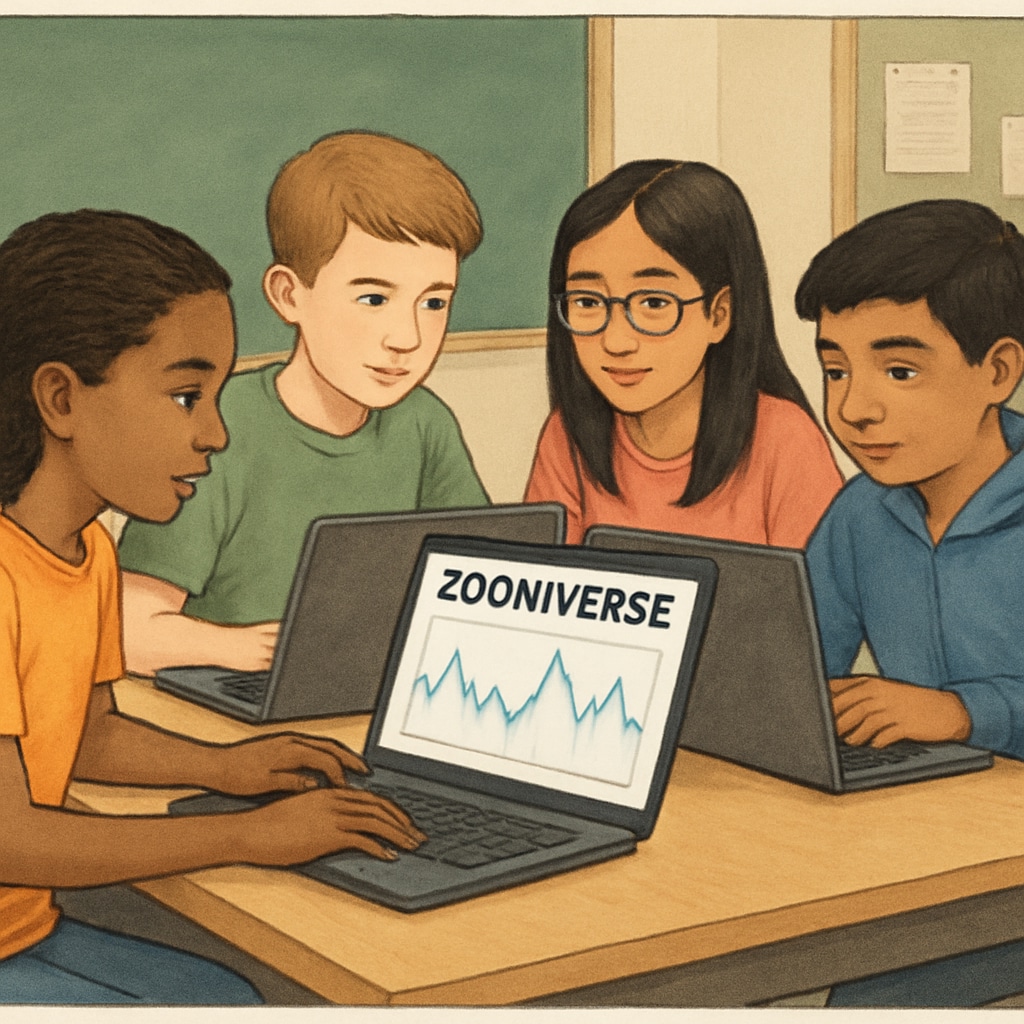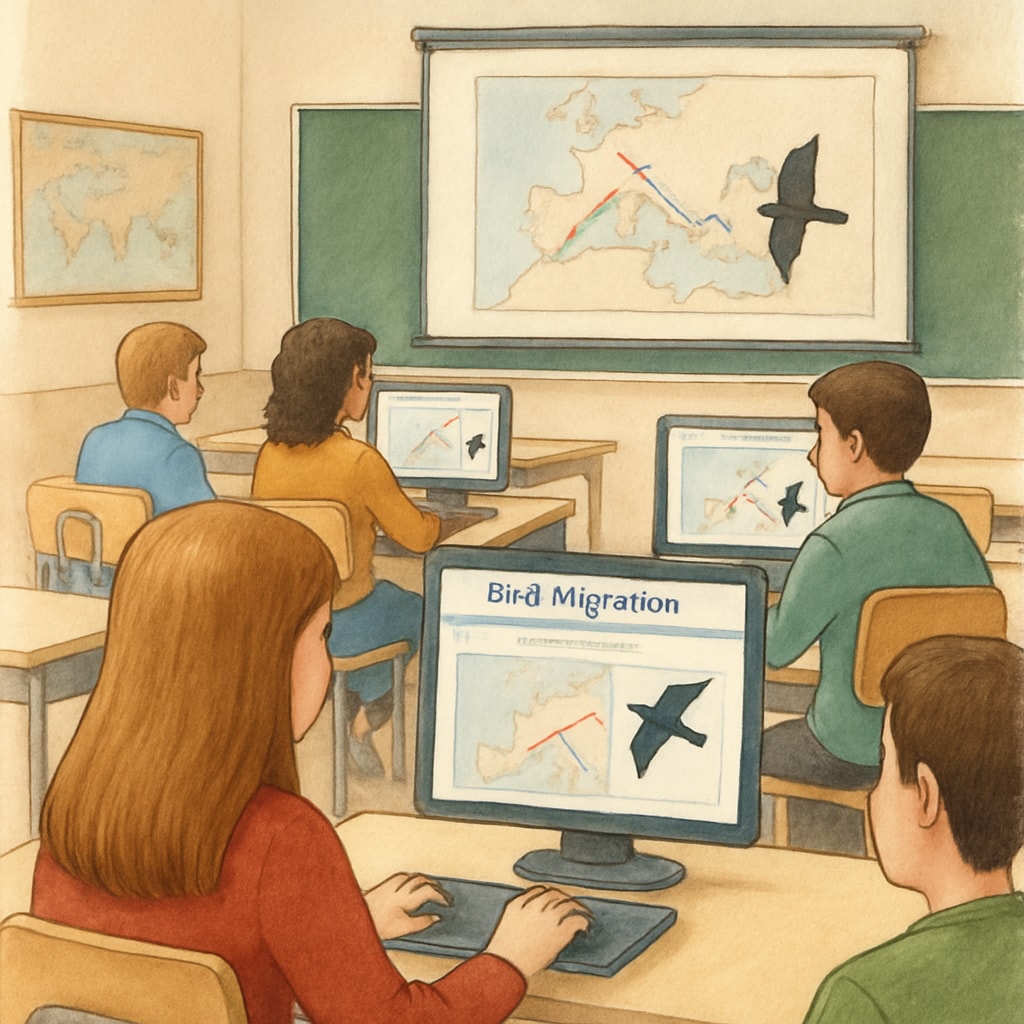The Zooniverse platform is revolutionizing how K12 students engage with science. By participating in public science projects, students can transition from passive learners to active contributors, gaining real-world scientific experience. This innovative approach not only enhances their scientific literacy but also fosters critical thinking and a sense of social responsibility. Let’s explore how Zooniverse is making science accessible to young minds.

What is Zooniverse and Why is It Important?
Zooniverse, the world’s largest platform for citizen science, connects people from all walks of life with research projects across disciplines such as astronomy, biology, history, and climate science. This platform enables individuals to contribute valuable data to ongoing studies, democratizing the scientific process. For K12 students, Zooniverse offers an unprecedented opportunity to learn by doing, bridging the gap between theoretical knowledge and practical application.
For example, students can classify galaxies in astronomy projects, count wildlife in ecological studies, or transcribe historical documents. These activities not only cultivate scientific literacy but also inspire curiosity and problem-solving skills, essential traits for the next generation of innovators.
Integrating Citizen Science into the Classroom
Teachers can incorporate Zooniverse projects into their curriculum to enhance STEM education (Science, Technology, Engineering, and Mathematics). The platform’s user-friendly interface makes it accessible to students of all skill levels. By integrating citizen science, educators can achieve the following:
- Foster engagement: Students are more motivated when participating in real-world projects rather than abstract exercises.
- Develop critical thinking: Analyzing data and drawing conclusions enhances logical reasoning skills.
- Promote collaboration: Many Zooniverse projects encourage teamwork, mirroring professional scientific environments.
For example, a teacher might assign a project tracking migratory birds, allowing students to analyze patterns and discuss environmental impacts. This hands-on approach makes lessons memorable and impactful.

Benefits Beyond the Classroom
Participating in Zooniverse projects provides students with skills that extend beyond academics:
- Scientific literacy: Understanding how science works prepares students for careers in STEM fields.
- Global citizenship: Many projects tackle issues like climate change or wildlife conservation, helping students develop a sense of responsibility toward global challenges.
- Exposure to diverse disciplines: Students can explore areas such as archaeology or space exploration, broadening their horizons.
Additionally, the platform allows students to see the tangible impact of their contributions. For instance, data collected by citizen scientists often leads to new discoveries, giving students a sense of pride and purpose.
Getting Started with Zooniverse
Starting your journey with Zooniverse is simple and free. Here’s how educators and students can get involved:
- Create an account: Visit Zooniverse.org to sign up.
- Explore projects: Browse categories to find topics that resonate with your interests or curriculum goals.
- Contribute: Dive into the data and start analyzing—no prior experience required.
- Reflect: Encourage students to discuss their findings and how they relate to broader scientific questions.
Whether you’re studying outer space or the depths of the ocean, Zooniverse has something for everyone.
Conclusion: Empowering the Next Generation of Scientists
Incorporating Zooniverse into K12 education transforms passive learning into an interactive, impactful experience. By engaging in citizen science, students not only develop scientific literacy but also gain critical thinking skills and a deeper understanding of global challenges. As a result, they are better equipped to become informed citizens and future leaders in STEM fields.
Through platforms like Zooniverse, science is no longer confined to laboratories—it’s accessible to anyone with curiosity and a willingness to learn. For educators and students alike, this is an incredible opportunity to make science truly come alive.


